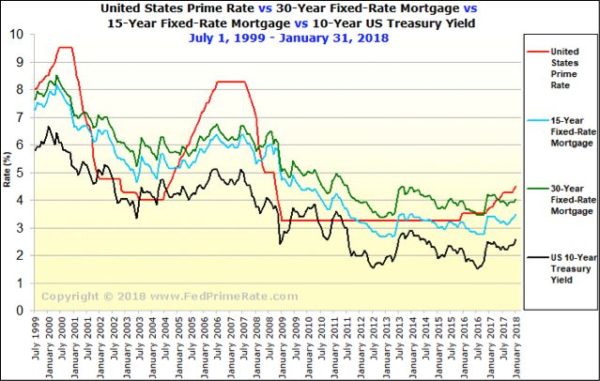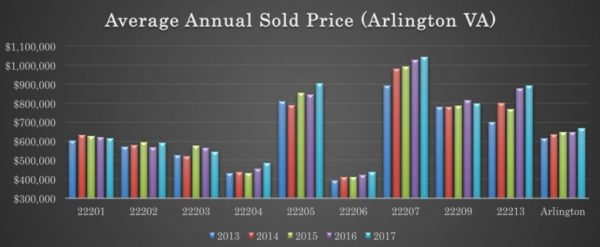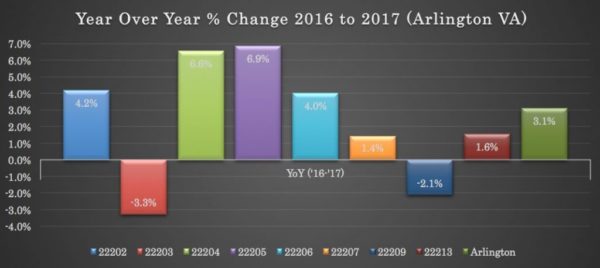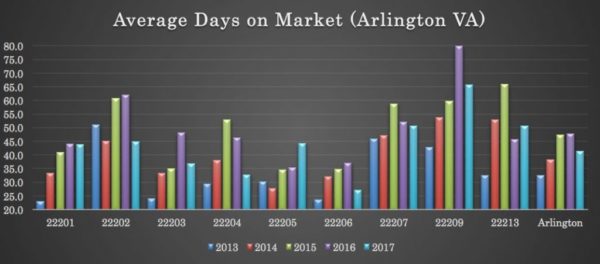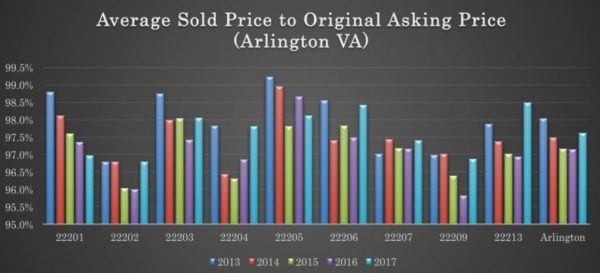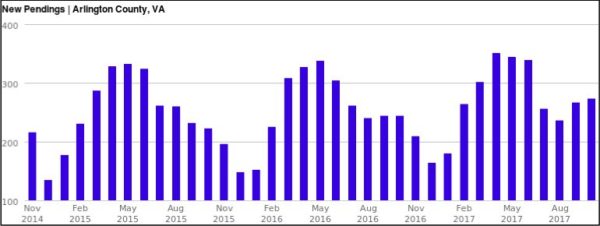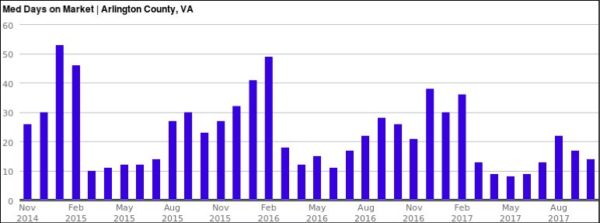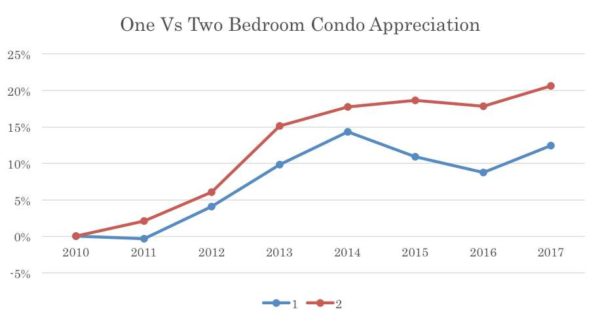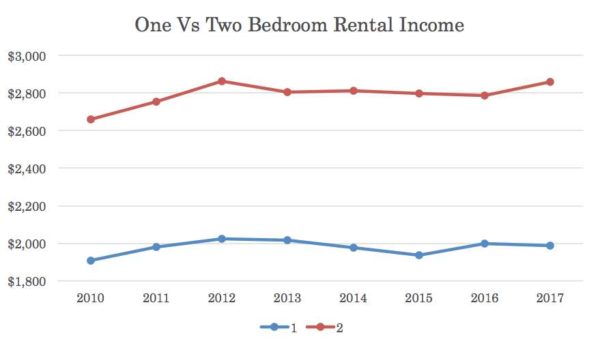
This regularly-scheduled sponsored Q&A column is written by Eli Tucker, Arlington-based Realtor and Rosslyn resident. Please submit your questions to him via email for response in future columns. Enjoy!
Question: A big reason I chose to live in North Arlington and pay the premium that comes with it is because most of the neighborhoods were full of large, mature trees.
I’ve watched over the last 5-10 years as so many beautiful trees have been removed to make room for large new homes, only to be replaced by small trees that don’t survive or aren’t fit for this area. What can we do to educate homeowners about the value trees have in the community and on home values?
Answer: Thank you so much for this question, especially on the heals of a terrific study on Arlington’s tree canopy. It’s one that I don’t think gets nearly enough attention from homeowners, my colleagues in the real estate industry and local government.
The loss of our tree canopy resulting from reckless tree removal by builders who are more concerned with maximizing profit on a single lot than promoting long-term growth of our communities is a major problem for Arlington. In 2017, I wrote an article highlighting the financial benefits to developers who actively work to keep the existing mature trees on a lot so if we can show both short-term and long-term benefits to builders and developers, what do we do?
Don’t Wait On Local Government
For starters, we can’t rely on government policy, but need to work within our communities at a Civic Association level to promote education and understanding. Not every homeowner is concerned about the tree canopy, but everybody is concerned about the long-term value of their home, so we need to educate everybody that the two are not mutually exclusive.
We are never going to stop the replacement of old homes with new ones, but we can support builders who take steps towards tree preservation and discourage residents from working with builders who have no regard for our neighborhoods.
Over the past couple of years, I’ve worked with some fantastic Civic Associations (residents of Williamsburg should be proud of their community leaders!) and the Arlingtonians For A Clean Environment to brainstorm ways to protect our tree canopy and I encourage anybody who has an interest to get involved.
An Education For Homeowners and Builders
I will continue this discussion through my column on ARLnow until we see progress. I hope that readers with an interest in getting involved can share ideas and connect via the comments section.
To kick things off, I want to introduce Heath Baumann, an ISA Certified Arborist with Bartlett Tree Experts, to provide education for homeowners and builders on tree preservation, tree replacement and tree care. Take it away Heath…
Preface
One of the most overlooked assets on a property is often the trees.
Trees not only improve quality of life with shade and beauty, mature trees can affect property value. As Northern Virginia continues to infill and urbanize, trees will face greater amounts of environmental stresses. Larger homes, less permeable surface area, soil compaction and heat island effects can stress both new and mature trees in your landscape.
Your home is comprised of multiple systems such as HVAC, plumbing and electrical. It helps to think of trees in the same manner. Routine maintenance performed by a licensed professional is affordable and extends the life of your trees. (more…)



